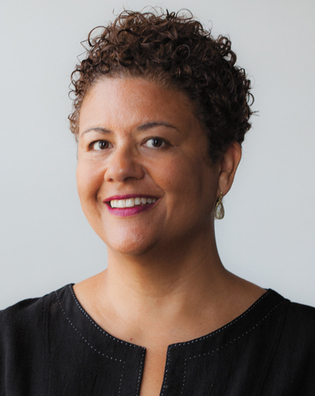 loading
loading
MilestonesObama’s poet, and Yale’s poet-professorElizabeth Alexander ’84 takes Yale’s first endowed poetry chair  Rachel Eliza GriffithsElizabeth Alexander ’84: poet, scholar, memoirist. View full imageWhen it was announced last year that Frederick Iseman ’74 had given Yale $3 million to establish the university’s first endowed professorship in poetry—that is, as the news release put it, to “support a recognized living poet or a scholar who teaches poetry or dramatic poetry of any era”—it occurred to many people that the job seemed tailor-made for someone already on the faculty. Sure enough, it was announced in January that Elizabeth Alexander ’84, a poet and professor of American studies and African American studies, will be the inaugural Frederick Iseman Professor of Poetry at Yale. As a teacher, Alexander fulfills both the “poet” and “scholar” criteria for the chair: she teaches courses in twentieth-century African American poetry and arts as well as advanced poetry writing. Alexander has published six books of poetry and two collections of essays, but she is best known to the wider public for the poem she wrote and read at Barack Obama’s first inauguration as president, “Praise Song for the Day.” It read, in part: “In today’s sharp sparkle, this winter air / any thing can be made, any sentence begun.” Alexander grew up in Washington, DC, the daughter of Clifford Alexander ’58LLB, an attorney and government official who was secretary of the army in the Carter administration. She earned her doctorate in English at Penn, then taught at the University of Chicago before coming to Yale. She married Eritrean-born artist and restaurateur Ficre Ghebreyesus in 1997; he died of a heart attack in 2012. Alexander and her two sons now live in New York City. Her latest book, The Light of the World, which comes out in April, is a memoir of her marriage to Ghebreyesus and his death. Writer Joyce Carol Oates called the book “a bittersweet testament to love and the memory of love, one of the most compelling memoirs of loss that I have ever read.”
The comment period has expired.
|
|